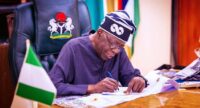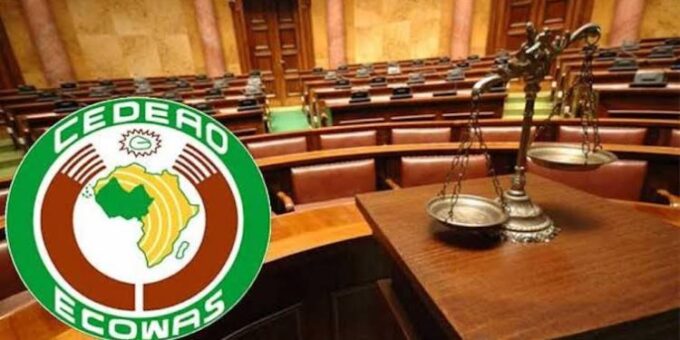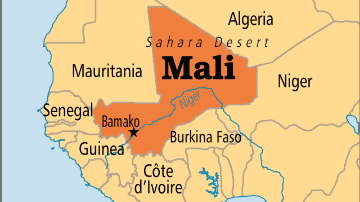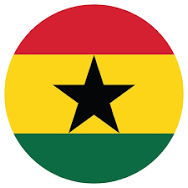Chad’s state election body said interim President Mahamat Idriss Deby had won the May 6 presidential election outright with over 61 per cent of the vote, citing provisional results, even as his main challenger declared himself the winner.
Chad’s junta has become the first of the coup-hit countries in West and Central Africa to stage a return to constitutional rule via the ballot box, but some opposition parties have cried foul over vote-rigging concerns.
With tensions running high, large numbers of security forces deployed at major intersections in the capital N’Djamena ahead of the results announcement.
National Election Management Agency chief Ahmed Bartichet said Deby had secured 61.3 per cent of the vote – comfortably over the 50 per cent needed to avoid a run-off.
He said Deby’s prime minister and top opposition candidate Succes Masra, 40, had won 18.53 per cent.
Just before the ceremony, Masra claimed victory in a live broadcast on Facebook and called on security forces and his supporters to oppose what he called an attempt to steal the vote.
“A small number of individuals believe they can make people believe that the election was won by the same system that has been ruling Chad for decades,” he said.
“To all Chadians who voted for change, who voted for me, I say: mobilise. Do it calmly, with a spirit of peace,” he said.
What happens next is unclear.
The disputed results cap a fraught electoral period marked by the killing of opposition figure Yaya Dillo, the rejection of prominent opposition figures from the candidate list, and other issues that critics say have compromised the credibility of the process.
While Masra drew larger-than-expected crowds on the campaign trail, analysts had widely predicted that the victor would be Deby, who seized power when rebels killed his long-ruling father, Idriss Deby, in April 2021.
“Post-election protests are possible, though the threat of police repression could dissuade many people from taking to the streets,” Crisis Group experts said ahead of the vote.
The election is being closely watched from abroad.
While other juntas in the insurgency-torn Sahel region, including Mali, Burkina Faso, and Niger, have told Paris and other Western powers to withdraw and turned to Moscow for support, Chad remains the last Sahel state with a substantial French military presence.
Security and the economy have been key campaign issues.
One of the world’s least-developed countries, Chad’s meagre resources have been stretched thinner by multiple shocks including climate change-fueled heatwaves and a refugee crisis linked to the civil war in Sudan.








